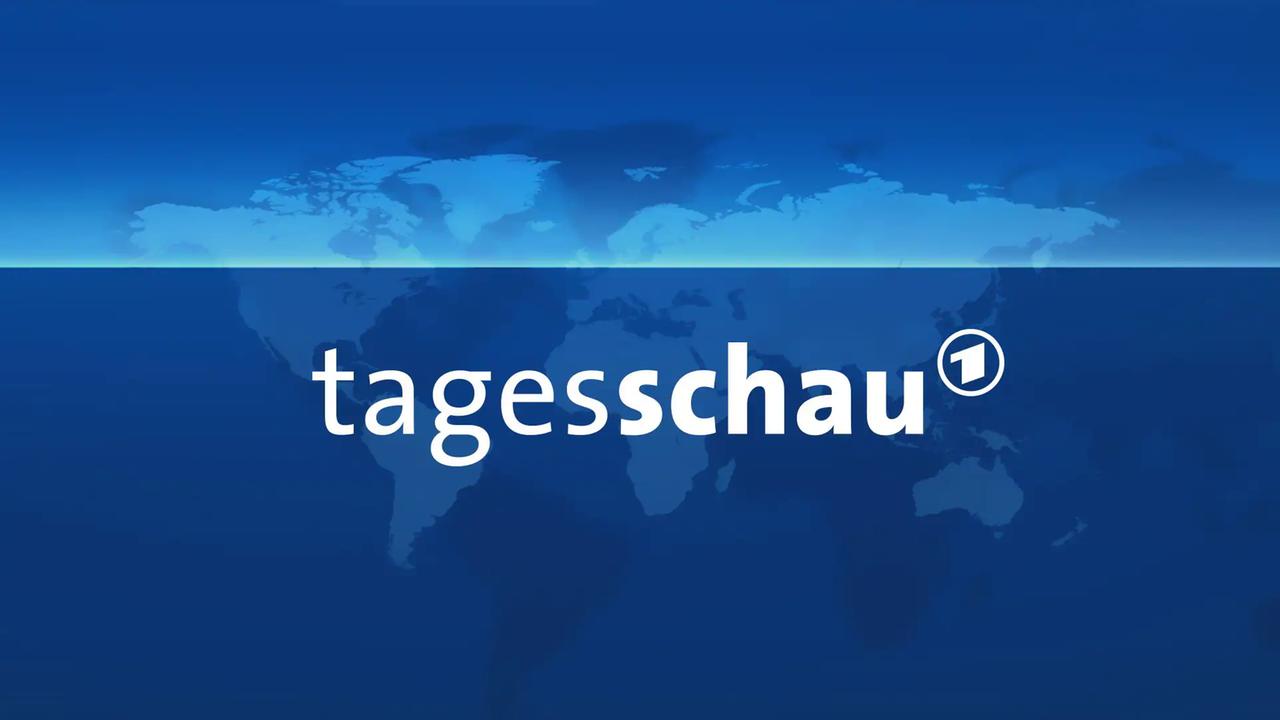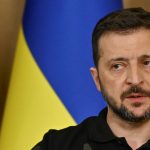world mirror
Mikhail Biryukov is one of the few criminal defense lawyers who still defends opposition members and human rights activists in Russia. The fact that there is almost never any prospect of an acquittal does not deter him. He is risking a lot in doing so.
He could have retired long ago. Or be somewhere abroad, like so many of his colleagues. But Mikhail Biryukov carries on. Tall, with a shock of bright white hair, always in a shirt and tie, always polite, never loud or sensational. He is one of the bravest criminal defense lawyers in Russia, one of only a few who are prepared to take on – as he prefers to put it cautiously – “politically motivated cases.”
He defended the Memorial Society, Russia's venerable human rights organization, which is now considered a “foreign agent,” but was still unable to save it from being forcibly dissolved. He defended Ilya Yashin, who has since been deported to Cologne in a prisoner exchange and sentenced to eight and a half years in a labor camp, and to this day he defends human rights activists and politicians who are on trial in Russia.
Acquittals are the exception
His clients are never acquitted: less than one percent of all criminal proceedings in Russia end in acquittal. For political crimes, the rate is zero. For him, says Mikhail Birjukov, it is already a success if he can convert a prison sentence into community service or a fine. He succeeds every now and then. But his real motivation is something else:
“We know that we are working for the future. For the archives. We see how the trials from the time of the great repressions under Stalin are being processed today. Our trial files will also be examined later, the arguments of the defense and the defendants will be studied in detail. And the verdicts of the courts. Knowing this, I prepare carefully for each trial.”
Also a question of honour
His most famous client, the opposition politician Ilya Yashin, is now in Germany – he was released as part of an international prisoner exchange. Biryukov is continuing his case nonetheless. There is still the lawsuit for unlawful pre-trial detention, which he will finish, it is a question of honor.
Yashin was most recently incarcerated in a penal camp in the Smolensk region, 300 kilometers west of Moscow. Biryukov traveled there every week, often spending hours on regional trains and buses. He was Yashin's only connection to the outside world. “In a way, lawyers are also psychologists,” he says. He was also Yashin's only connection to his parents – they were only allowed to visit him three times during his more than two years in prison.
Give priority to humanism
He believes that his client and the other political prisoners were exchanged – even at the cost of a contract killer, the Tiergarten murderer Vadim Krasikow. Germany had flown him out to Russia despite his life sentence.
The exchange is a question of love for humanity – humanism must always have priority. Because the imprisoned opposition figures like Vladimir Kara-Mursa or his client Ilya Yashin were not safe in Russian custody, says Biryukov.
Lawyers are also arrested
He is reluctant to talk about his own safety. His job is now a very dangerous one, or, as he puts it soberly: “Defence lawyers in politically motivated cases are now part of the risk group. We have known this since the arrest of Navalny's lawyers.”
Three of the lawyers of opposition activist Aleksei Navalny, who died in a camp, have themselves been in custody since last autumn, accused of membership in a terrorist organization. Others were able to leave the country in time.
What is not an option
Leaving the country or quitting is not an option for him, says Birjukow, although friends and family keep urging him to do so. There is too much to do, his work is needed, he feels obliged to do it. And the work will probably increase, and he expects further tightening of the law.
He is currently defending Grigory Melkonyants, head of the independent election monitoring group Golos, in court. Golos has repeatedly uncovered cases of election fraud. The case concerns alleged cooperation with an organization banned in Russia.
Biryukov describes the accusations as “contrived and very poorly made”. The public prosecutor's office often does not even bother to present convincing arguments.
Most of the judges and prosecutors are qualified, well-trained people. They have what it takes to really dispense justice. But that requires a signal from above.
You can see these and other reports in Weltspiegel – on Sunday at 6.30 p.m. on Das Erste.





